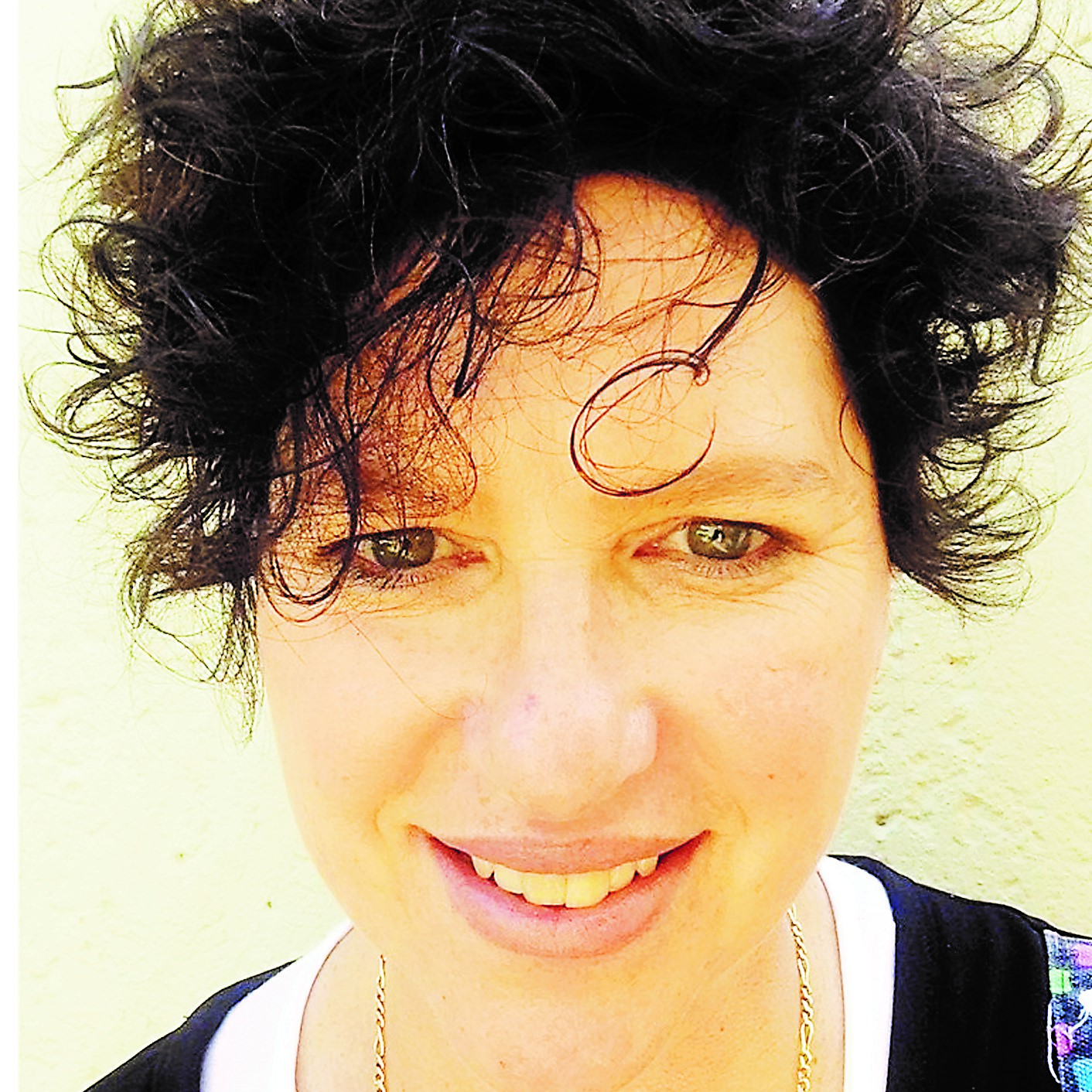click to dowload our latest edition
CLICK HERE TO SUBSCRIBE TO OUR NEWSLETTER


Published
4 years agoon
By
adminJOCELYN ROME
We planned an ambitious online eLimmud with a distinctly South African flavour. A stellar line-up of some of our most successful local and international past presenters, together with exciting new ones, was assembled and disseminated, all by volunteers, in record time.
Participants registered from our usual bases in Johannesburg, Cape Town, and Durban, but also from East London, Harare, Maputo, Knysna, De Rust, and throughout the world, all hungry for connection and Jewish learning. One Cape Town participant’s message, sent from COVID-19-related isolation in a retirement home, said that the anticipation of eLimmud had kept her going, making all the volunteer hours worthwhile.
On Sunday morning, I prepared to replicate aspects of a traditional Limmud by stocking up on goodies from Gary Friedman Caterers in anticipation of a great afternoon of learning. I looked forward to sharing the experience with my parents, who had battled through the Zoom set-up process, with my sisters and their families in Israel and Canada, and cousins and friends from Cape Town, Johannesburg, Ra’anana, and Dublin.
Then, an hour before going live, the first inklings of trouble emerged. Messages of Zoom collapsing around the world lit up WhatsApp groups, with users experiencing audio and video problems.
As we approached the start time, we could see some of the virtual rooms were full, while we couldn’t get into others. Our risk-management plans made provision for people needing help with Zoom, presenters needing assistance, managing Zoom chats, Zoombombing, even dealing with inappropriate behaviour on camera by participants.
We had purchased the ideal Zoom package to support the expected numbers. We had experienced successful simultaneous sessions with our Limmud partners in North America, the United Kingdom, China, and Mallorca, and engaged with the people who ran them. Apart from this unanticipated collapse of the Zoom platform in the United States itself, everything had been covered.
We held our collective breaths as reports came from inside some of our session rooms that things were working beautifully, with Marc Michael Epstein and Jonathan Ancer enthralling participants with presentations on topics as diverse as using art to understand Jews of bygone times and the secret lives of apartheid spies. In other rooms, Adina Roth, while starting late, gave a beautiful exposition of the story of Ruth and Naomi in explaining the complexities of social intimacy in our times, just in time for Shavuot.
All the while, our WhatsApp chats were erupting with calls for assistance from participants who couldn’t get into rooms or couldn’t hear or see.
Everything was stacked against us, yet we held on for as long as we could. With improvisation from our technology and registration teams, and our outstanding hosts calmly and graciously sharing our difficulties, we rebooted the system for the second session. Some rooms worked, some didn’t.
At 15:43, our chats fell silent as the team made the difficult decision to postpone the event. We wouldn’t be true to our Limmud values if we allowed some sessions to continue but denied participation to those who couldn’t connect.
After communicating with everyone inside the rooms and out, we stared at our screens and exhaled. Then came the outpouring of support. Presenters have all re-committed to a new time, participants who managed to get a small taste of Limmud are clamouring for more, others (including new sign-ups) are excited about the new date.
Limmud South Africa didn’t fail on Sunday afternoon. We may not be able to tick the box that we delivered a flawless conference with a full 28 sessions of Jewish learning and culture, but we succeeded in so many other ways.
Participants and presenters, Zoom-sceptic traditional Limmud supporters and Limmud-sceptic traditionalists, from major city centres and remote towns in South Africa and all over the world (as far as Panama City, Taipei, and Locorotondo in Italy) all became Limmudniks, connecting to Jewish learning, Jewish community and life, and each other. We discovered the positivity and resilience we so need in uncertain times.
In my professional life working with adults and entrepreneurial learning, we know that adaptive learning is essential to enable people to survive the shifting sands of modern life and work. The COVID-19 pandemic has highlighted that in the most stark way.
Transformative learning empowers us to thrive. Limmud creates that transformative space in which individuals come out a little different to the way they were before. We will be back on 31 May, and we will be better.

Dana Labe
May 22, 2020 at 7:51 am
‘I really look forward to rejoining Limmud on 31st May. Adina Roth’s beautiful presentation was in itself worth the cost of the ticket. Kol Hakavod to the Limmud team for putting together such a feast of learning’